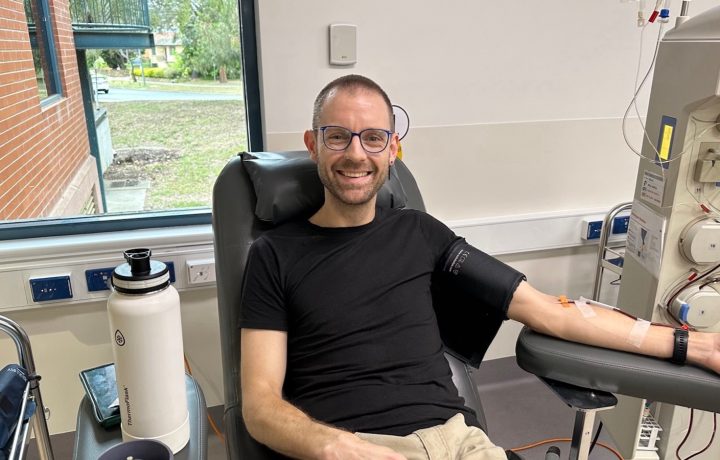Injured at work? Your rights don’t stop at physical wounds

Posted on
When workplace injuries are mentioned, most people picture a tradie with tool cuts or lifting injuries. But a slip on a wet office floor, repetitive strain from data entry, or anxiety from workplace bullying? These count too.
The reality is workplace injuries can happen to anyone – from office workers to retail workers to those in caring roles. And while physical injuries are common (think: sprains, strains, and dislocations), stress or other psychological injuries are often overlooked.
According to Alison McNamara, Director of Commins Hendriks Solicitors, no matter your role, if you’ve been injured at work, you have the right to seek advice about your entitlements.
“Workplace injuries, physical or psychological, can disrupt your life in an instant,” she says.
“With over 20 years of experience helping people navigate workplace injury claims, I’ve seen how the right legal advice can change the outcome after an injury – financially, physically and emotionally.”
Explaining that injuries can happen in any workplace – not just in physical or labour-intensive roles – in her decades-long career, Alison has seen serious injuries in retail, office, and service industries.
Including both physical and psychological injuries (which can encompass conditions such as stress or anxiety), Alison says no matter the type of injury, people have every right to seek support and advice without fear or hesitation.
To be covered by workers’ compensation in the ACT, the injury must have arisen out of or in the course of your employment. However, she also says that sometimes, an injury is the result of negligence.
“For example, unsafe systems, bullying, lack of procedures or failing to provide adequate training and equipment. In these cases, you may be entitled to make a common law claim, which can provide broader compensation,” she explains.
“It is important that you consult a lawyer who is experienced in this area of law, who will consider the best type of claim for you.”

Alison Macnamara, Solicitor Director of Commins Hendriks.
Like those working in labour-intensive roles, for office workers, retail workers and pink-collar workers (someone employed in traditionally female-dominated occupations), common workplace injuries often include manual handling injuries, slips and falls, and repetitive strain conditions.
But psychological injuries are equally common and sometimes overlooked.
Alison says that bullying, harassment, lack of adequate workplace systems, and poorly handled disciplinary processes can all cause serious harm.
“These injuries are just as real and can be just as life-changing as a physical injury, usually more so,” she says.
“Psychological injury claims, including PTSD, are unfortunately common and can arise from many situations, from bullying, harassment, or traumatic incidents at work. These conditions can be debilitating and, in some cases, career-ending.”
It’s claims like these that require a lawyer who truly understands trauma and knows how to support you through an already overwhelming time. And those who experience secondary emotional trauma – such as developing anxiety or depression after a physical injury – should also know that these conditions may be compensable.
“This is something I see often. A physical injury can trigger psychological conditions, especially when you are unable to do things you used to enjoy before your injury,” says Alison.
“These psychological effects can be included in a claim too, and an experienced lawyer will make sure they are included in your claim, ensuring you’re compensated for the full effect the injury has had on your life”.
For many people who have experienced a workplace injury, the biggest obstacle stopping them from making a claim is the fear of repercussions in the workplace and the perceived ‘stigma’ of making a claim. This is something that Alison says needs to change, because everyone deserve compensation for their injuries.
“I remind clients they are the only ones who understand the extent of the pain or disruption to their life. The law exists to protect injured workers for a reason,” she says.
“You have every right to put your health first and your lawyer can advocate on your behalf when you don’t feel you are not able to.”
What to do if you are injured at work
- Your immediate priority is to seek medical help. Then, report the injury to your employer as soon as possible after being injured.
- Obtain a medical certificate for any time off work.
- Speak to an experienced workplace injury lawyer who can guide you through the process, protect your rights, and make sure nothing is overlooked in your claim.
And if your employer discourages you from lodging a claim, delays giving you the correct forms, fails to notify their insurer, or allows you to be treated differently at work because of your injury?
“These are serious red flags. If you experience any of these, you should speak with a lawyer immediately to help ensure your rights are protected,” says Alison.
“Having someone in your corner who can protect your rights while making the process less intimidating can make all the difference to both your claim and your recovery.”
For more information, visit comminshendriks.com.au

